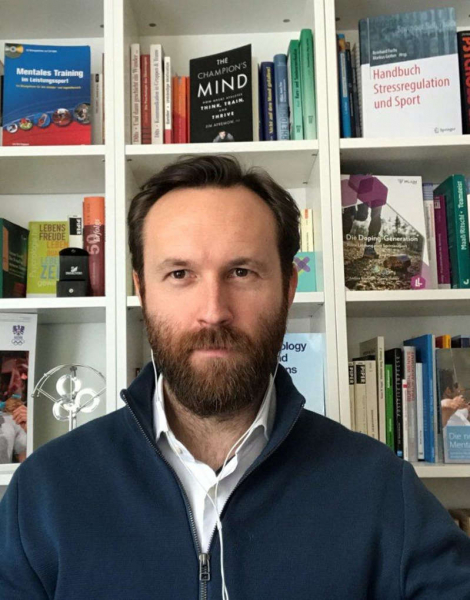Sports psychologist Georg Hafner on the effects of exercise on mental health.

A club can be an extended family, says the sports psychologist Georg Hafner: “Here you can experience community and strengthen your psyche.” Meeting like-minded people increases well-being – also because weekly sport is often a ritual. “After all, people need rituals.”
Self-confidence is also strengthened: “If you achieve a common goal as a team, for example, it gives everyone the feeling that they can make a difference,” says Hafner. Even if you lose a match, the club can be of great help: “The club members support each other – an important experience.” This solidarity that you experience is often passed on. “In many clubs there is great social commitment, which in turn is a support for society as a whole.”
Even outside the club
Hafner points out that the fact that more and more people are turning their backs on the clubs could have something to do with the fact that certain structures there are out of date. If clubs want to promote young talent, they have to work on it. But not everyone has to do sports in the club. Individual sports are also good for the psyche. “The main thing is that you exercise regularly. Since this mostly takes place outdoors, sport is a counter-program to digital overstimulation. “
Studies also show how much people reduce stress while running, cycling, boxing or dancing, for example, and thus strengthen the immune system. Exercise also prevents diseases such as dementia. And for children, sport promotes z. B. spatial imagination and concentration. Ute Brühl

